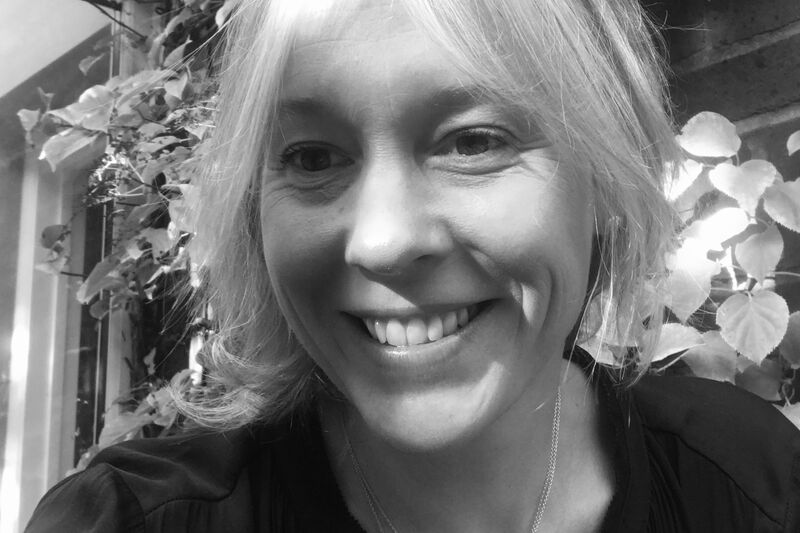I was recently asked at a talk what the long-term impact of our loss was on my life. I felt stumped. At an outside glance, I’m sure I seem fine.
I am fine – in some respects.
“I’m okay now,” I answered.
Since then, I’ve been reflecting on that question a lot, and on my response; wondering why it’s so difficult to accept that I’m not really fine and that the impact has been vast – unquantifiable. Whether social norms and expectations allow us not to be anything but okay.
Our son died 24 hours after his birth, eleven years ago, due to an inoperable heart condition. I was scanned a lot during the pregnancy, when a seemingly innocuous problem was detected at 20 weeks. The baby was small, and not growing at the expected rate. Terrifying diagnoses were floated – Patau’s, Edward’s – all fatal, and we were offered a termination. But nothing was confirmed, and there was always a possibility that the baby was fine, just small. It felt feasible – viable, so we continued.
Despite this, we had utter shock and devastation when a fatal condition was confirmed after his birth. One without hope. It might seem peculiar, naïve, even stupid. The fact is that no amount of preparation can prepare you for a loss so catastrophic. The emptiness we were left with was incredibly difficult to live with.
My mum died six years ago and, having also lost a parent, the thing that is so challenging and life-limiting about losing a child, is the loss of a future in which your child should be such a fundamental part. When my mum died, I lost memories and shared experiences. Don’t get me wrong that too was devastating, but in a very different way. Losing my son meant never having the memories and experiences that I thought I’d have with him. Never being the mum I would have been. Never knowing what life would have been like had we not visited that darkest of holes and seen the absolute worst that life can throw at you. That unknowing and uncertainty is very, very destabilising.
I survived this loss, in a physical sense. I’m still here, despite a couple of near misses. I chose not to end my own life, but to keep plodding through the dense cloud, hoping for brighter times ahead – and for me, more children. However, the toll, which we rarely admit or discuss, is heavy, and I have always felt that survival is a questionable term.
I am here, but not in the way I would have been had I not lost my first son. If everything else is unclear, that is certain. Perhaps it has made me stronger, tougher, a more grateful parent. If so, it has also made me weaker, more vulnerable, more scared and emptier.
In whichever way our family changes and grows we will always, always be missing one. The questions that will torment me to varying degrees at different times throughout my life: what we would have been like as three, or four, or five, what he would have been like, what my relationship with him would have been like, what the relationship between our children would have been like.
It is unfinished. The loss of a child means that our life as a family never really got started – not the way it was meant to, and that feels completely at odds with the finality of death. There’s a sense of being caught on the starting blocks, trapped with this tragedy, and should I want to (which I’m not sure I do), I can’t escape it.
At times it’s a comfort – strange as that sounds – it is what binds me to my son, at times it’s a persecution. It’s as if there is a path stretching out in front of me, which is always visible, but at the same time entirely inaccessible. It is definitely there, for me it is always there – it’s just not a path I can ever travel down, no matter how much I want to, or how much I’d put at stake for the opportunity to. That is a torment I have to accept.
Thinking back to the question I was asked; I wish I’d had the courage to say that I’m not really fine because perhaps survival isn’t finite. But, that I am trying to make the most of the happiness I find, and tolerate the struggle of not having my very beautiful, perfect firstborn with me as the almost-eleven-year-old he would now be. Where that puts me on the survival scale, I’m not sure any of us can answer, but talking about it is a start.
Baby Loss Awareness Week between 9 and 15 October is an opportunity to help break the silence around pregnancy and baby loss. Bliss is one of over 60 charities from across the UK who collaborate during the week.
Please visit the Baby Loss Awareness Week website to find out more.

